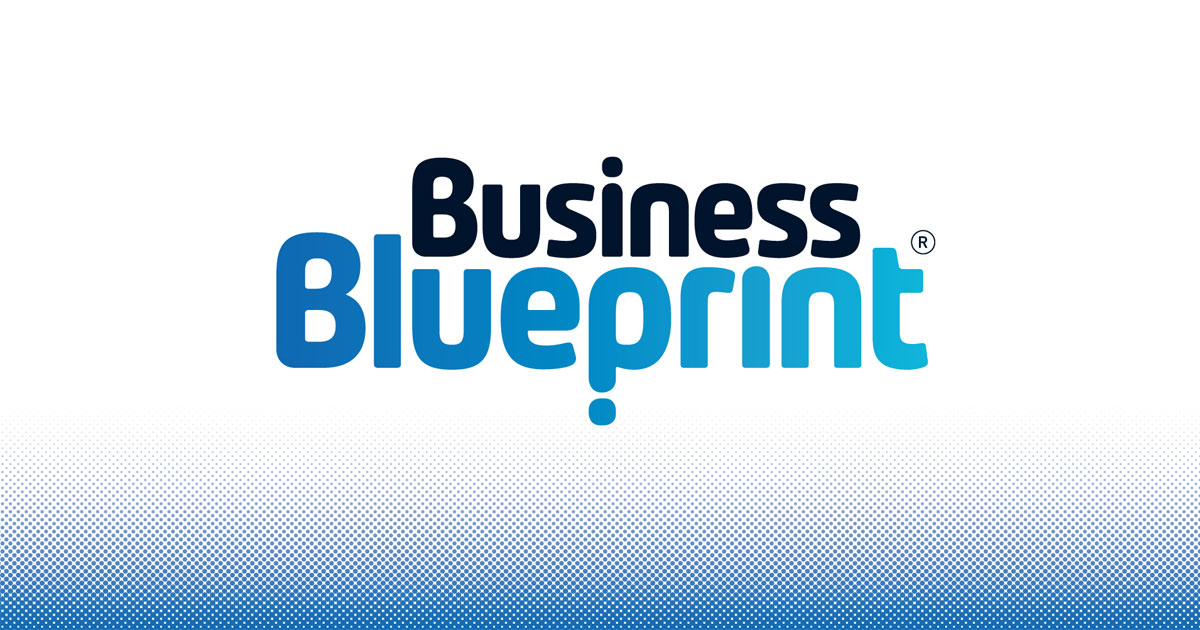After interviewing more than four hundred inspirational people for his bestselling What I Wish I Knew books series, Author, Speaker and Stand Up Comic, Marty Wilson, says there are seven tips to succeeding in business and life that people bring up again and again.
Here he shares three with us.
- Take More Risks
Every single person I’ve interviewed for the What I Wish I Knew books has agreed with Mark Twain who said “Twenty years from now you will be far more disappointed by the things you didn’t do than by the things you did.” When we look back with the twenty-twenty vision of hindsight, we realise that almost nothing is as catastrophic, urgent or irrevocable as we think it is in the moment.
The perfect example of someone living this attitude was advertising and marketing expert, Siimon Reynolds’ whose quote in What I Wish I Knew at Eighteen was: “Make your future bigger than your past by seeking growth rather than applause.” In a world that is constantly evolving, sitting back and doing the same old thing week after week, year after year, is a sure path to a slow, gradual decline. The way I put this thought in my corporate keynote on embracing uncertainty in business is “When you refuse to change you don’t hold onto the past, you lose the future.” Look at the band U2. Always evolving, always selling records. Whereas the band The Animals – always stuck in the House of the Rising Sun. Bill Murray, started out doing movies like Caddyshack. Then he took some risks and Lost in Translation got him an Oscar nomination. Chevvy Chase, started out doing movies like Caddyshack, and he’s still doing movies like Caddyshack.
For a business case study, let’s compare Radio network TripleM Australia with Apple Computers. Both launched in the 80’s as great challenger brands sticking two fingers up at the big boys. Doug Mulray and Steve Jobs were smart and sassy. 30 years later and Apple is still innovating, still leading their industry. TripleM is still playing a “Non-stop block of Classic Rock”. They’ve always gone for applause instead of growth under the mistaken belief that it was ‘safer.’
On a personal level it’s worthwhile mentioning that by risks I’m not talking about skydiving, climbing Everest, or even just ignoring your annual budget report till the night before. By “Take more risks” my interviewees mean being true to you and never playing small. In some workplaces ‘taking a risk’ can be simply being an individual. It’s much safer to fit in and do what everyone else is doing. Sometimes playing it safe can just be about listening to that voice in your head that asks “What will people will think?” or “Who am I to do this?”
Risks are always relative and personal anyway. When I made the leap to full time stand up comedy, one of my best friends said to me: “I don’t know how you do it, just the thought of it scares me to death.” At the time this friend was a paratrooper. His job was jumping out of a perfectly good aircraft at high altitude while people on the ground shot at him. When looking back on their lives, everyone agrees that the only thing that we should really be scared of are ‘what ifs’ on your death bed. All my interviewees agree that in business and in life, the riskiest thing is to constantly try to play it safe.
- Get Mentors
Now, just because you’re all fired up to go out there and take some risks doesn’t mean you have to be an idiot about. If there’s one thing the What I Wish I Knew series stands for it’s using the wisdom of mentors to help make life easier. It doesn’t matter what you’re trying to do, play golf, start a business, write a sonnet, you will make much faster progress, achieve longer lasting success, and make change immensely easier by tapping into the wisdom of mentors. I think we learn to avoid this at school, because we’re told again and again that copying is bad. But once you leave school behind, the best thing you can do is copy.
In life – copying is good. In business copying is great. There is always someone out there who’s already successfully done what you’re trying to achieve. So buy them dinner and ask for guidance. Forget about self-help and move into team help. When I was first starting in Stand Up back in 97, I got tips from James O’Loghlin, Pete Berner, Kitty Flanagan, Akmal Saleh. On a mini-tour around Ireland Adam Hills said to me: “Never lose your temper at the audience. It shows you’re out of control and you have to be the alpha male in the room.” That one little hint must have saved a hundred gigs for me over the years. Especially during the time I was living in the UK, performing for drunken poms at the time when Australia lost the Rugby World Cup and the Ashes. (“Swing low, sweet chariot…”)
So look around your industry and ask yourself:
- What do I need to do really well to be at the top of my field?
- Who is already doing those things at the highest level? Then ask them out for a coffee/beer/slice of baklava and say “You’re wonderful. Tell me how I can be wonderful too.” Then sit back, relax and let them give you the benefit of their hindsight. I guarantee you will come away with a few incredibly powerful insights and short cuts that will help you leapfrog the competition.
For example, without blowing too much smoke up Dale Beaumont’s patootie (it is his magazine, but I don’t want to embarrass him) I got chatting to him one day around the time my book, What I Wish I Knew about Love, was coming out and he just happened to say in the middle of a sentence “You’re target market isn’t people in love. Your target market is people who want to talk to people in love.” From this one insight led me to many deals, one of which was worth six figures to my bottom line. So dump your ego and start finding mentors, you won’t regret it.
- Lighten Up
The last tip I’ll pass on from all my interviewees is one I gravitate towards – naturally as a Stand Up Comic. And it’s the thing that most business people dismiss out of hand. Humour. No one takes funny seriously. And I think that’s a big shame for two reasons. Firstly, when times are tough your business needs to stand out and humour is a fantastic way to get noticed. We all get a thousand emails a day. Which ones do we open first? The ones we know are going to make us laugh. What’s your favourite ad on tele at the moment? I’ll be your answer was something funny. We notice funny, we remember funny and we even admire funny. So throwing some funny into your communications, new business pitch or advertising is like coating your brand with superglue for the brain. Even forgetting business for a minute, on a more personal level, when the excreta is hitting the rotating implement how much do we all need a laugh? The best leaders in business have been shown to be the ones who keep their sense of humour in a crisis. And funny is also a superb way to let off steam, release endorphins and lower blood pressure. Groucho Marx said: “Anything worth taking seriously is worth laughing about.” So when things go bad, when things are at their absolute worst, ask right in that moment: “What’s funny”? If you will laugh about it at your 80th birthday, start laughing now.
Marty Wilson is a speaker, stand up comic and bestselling author of the What I Wish I Knew series. He specialises in going on first at conferences, getting participants to forget about ‘that email they forgot to send’ and open up to the knowledge they need to take in. In 2011 he is also doing private bespoke versions of his What I Wish I Knew series – like the What I Wish I Knew about Health & Fitness book he did with Fitness First.
If you’d like to book Marty to speak, or talk about your own What I Wish I Knew book, please contact him at www.martywilson.com.au



